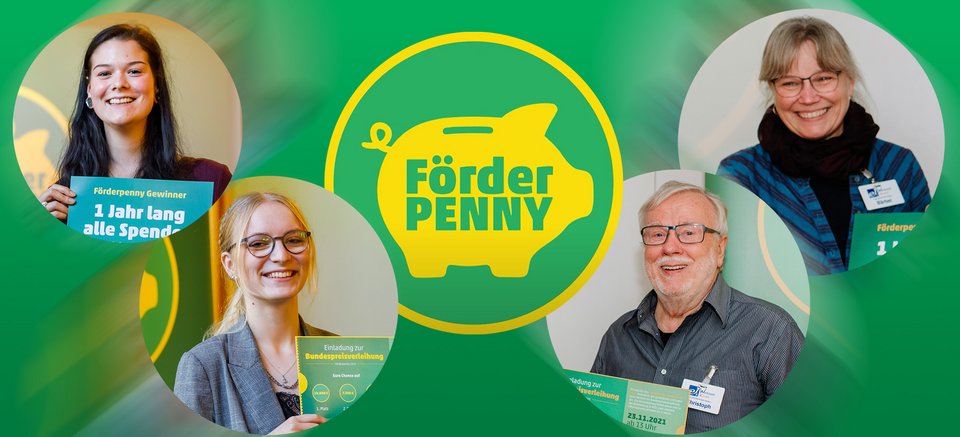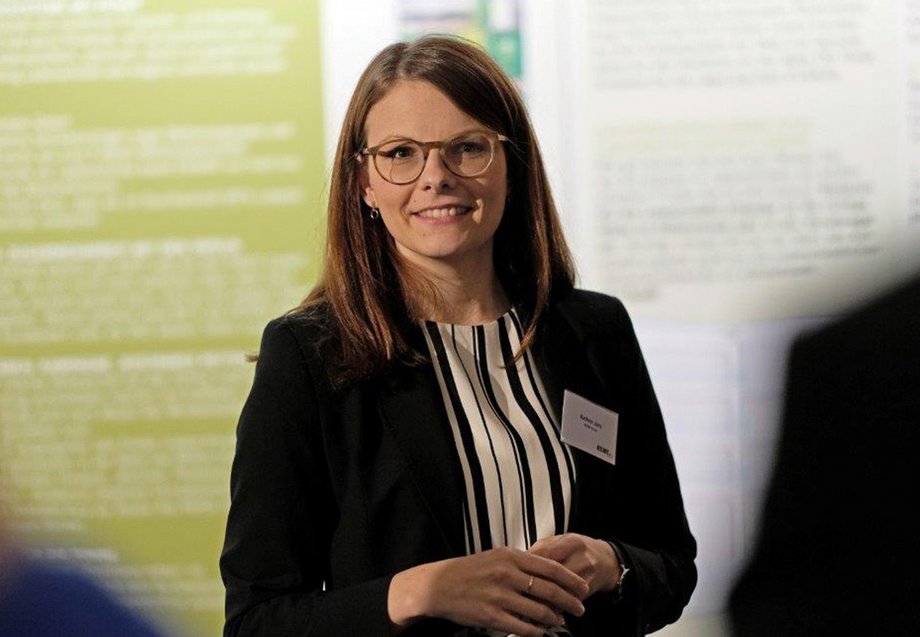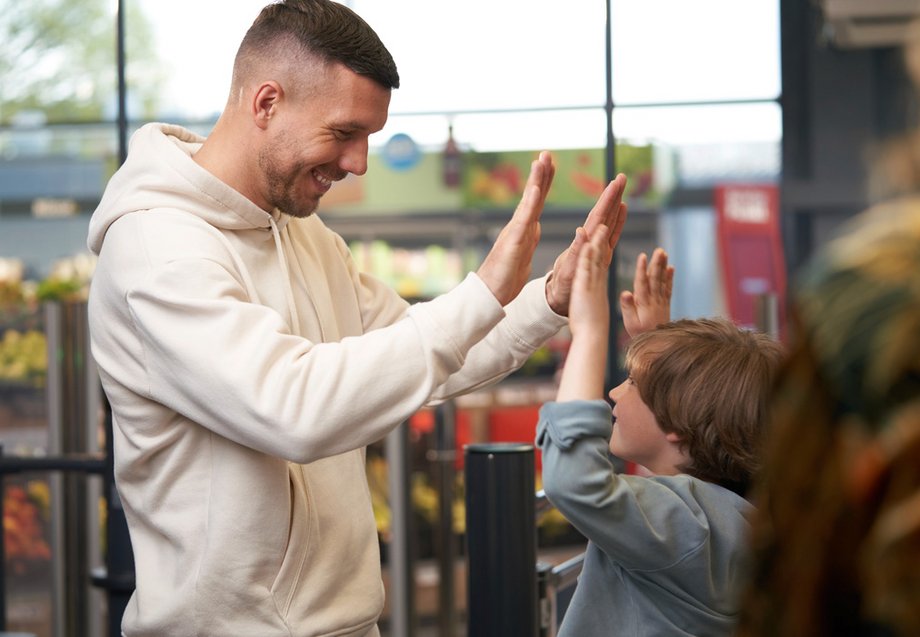
It's a small record: a total of 520 organisations that support children and young people can look forward to receiving support from the Förderpenny this year. We spoke to project manager Kathrin Daivandran to find out why, contrary to expectations, there were a particularly large number of applications this year, what impact the current social situation is having on the project and why the Förderpenny wants to continue to grow.
one: The Förderpenny was first launched in 2015. How has the project developed since then?
Kathrin Daivandran: The Förderpenny is a competition for organisations that look after children and young people. we started small in 2015 with a pilot project in Hamburg and then expanded the project from year to year. in 2018, the Förderpenny was held throughout Germany for the first time and we selected 40 winning organisations. This year, we have increased the number of current Förderpenny winners to 520, 260 of which are round-up recipients. We are therefore continuing to grow and have the vision that every PENNY store will select a Förderpenny winner in the future.
in 2018, we also started to involve our customers: Our in-store customers can simply say "That's right!" at the checkout and round up their purchase to the nearest 10 cent amount. A local organisation receives the donations collected in this way for a whole year.
 Kathrin Daivandran
Kathrin Daivandran
one: How does the mechanism of the Förderpenny work?
Kathrin Daivandran: The Förderpenny runs throughout the year. The application phase starts at the beginning of the year: organisations can apply online at förderpenny.de. This year, we have divided Germany into a total of 260 neighbourhood regions. We have selected two winners from each region. These two organisations then compete against each other and collect votes; this year, the first-placed organisation will receive 1,500 euros in prize money and the runner-up 1,000 euros. We then nominate further organisations from all the first-place winners, who are invited to one of the five regional award ceremonies in October and November. The award ceremonies mark the end of the Förderpenny year, so to speak. For the 260 first-place winners, however, the donation year begins at the same time, which means that they will receive the customer donations from our round-up campaign for a full year.
one: Why did you opt for such a regional approach with the Förderpenny?
Kathrin Daivandran: PENNY is the discounter in the neighbourhood. That's why the Förderpenny should also have a regional and local impact. We want to show our customers: There is a local organisation that we support as PENNY and that you can support as a customer.
one: Children and young people continue to feel the impact of the pandemic with great force. Did you feel that when you applied for the sponsorship penny?
Kathrin Daivandran: Yes, we actually felt it. Initially, we thought that we would receive fewer applications because many projects, such as youth camps, could not be realised due to coronavirus. But we actually received more applications - increasingly for the design of outdoor areas, for example school gardens or schoolyards. There were also many applications for digital programmes such as online coaching for children and young people - for example to combat loneliness or bullying.
one: The pandemic is not yet completely over and the next big problem is already looming: The Russian war of aggression against Ukraine and the resulting high energy prices are reducing the disposable income of families. What does this development mean for child and youth development?
Kathrin Daivandran : As the application phase ended at the end of March, this development has not yet had an impact on this year's project. However, it can be strongly assumed that this will be the case in the next application phase at the latest, which will start in mid-December this year. We suspect that the number of projects involving the provision of meals in particular, as well as language acquisition projects for refugee children, will increase significantly.
one: Lukas Podolski has been a Förderpenny ambassador since August of this year. How did the idea of recruiting the former national team player as an ambassador come about and what does PENNY expect to gain from it?
Kathrin Daivandran: We had been toying with the idea of finding a prominent face for the Förderpenny for some time to bring the project even closer to our customers. It was important to us that it was someone who is committed to children and young people outside of their profession. Lukas Podolski was the perfect identification figure, as he has been involved in sports for children and young people for many years. We are convinced that the 2014 football world champion can use his high profile to give the sponsorship penny a new platform.
 Lukas Podolski
Lukas Podolski
one: What is your favourite project from the last few years?
Kathrin Daivandran: Every year, I am impressed anew by how much passion the volunteers put into their work - regardless of whether they are involved in a small club or a large organisation like Caritas. One example: Last year, a very small organisation consisting of just two members that distributes books to children in Giessen won third place in the Förderpenny national prize. The two organisers were moved to tears when they won 2,500 euros for their project. Apart from that, I think projects that draw attention to a specific social problem are very important: Last year's national prize winner, the Kinder- und Jugendhilferechtsverein, for example, looks after young people who have lived in state care, for example in a home, and are released from this care when they come of age. The association looks after these young people by offering them the support they need to lead their lives independently through workshops and programmes.
